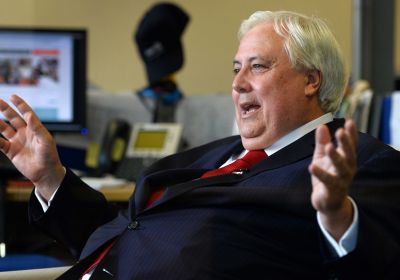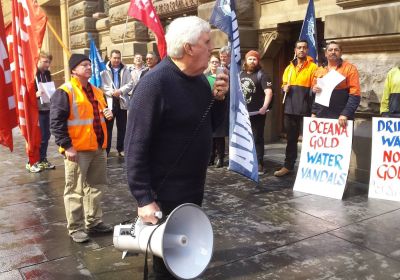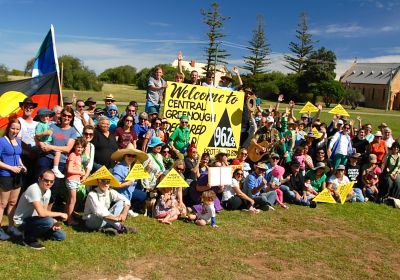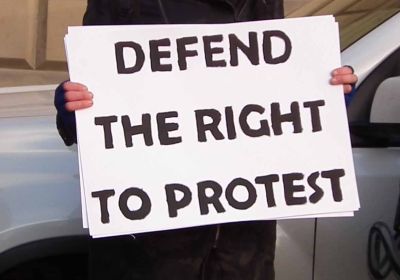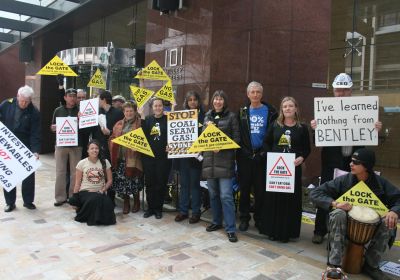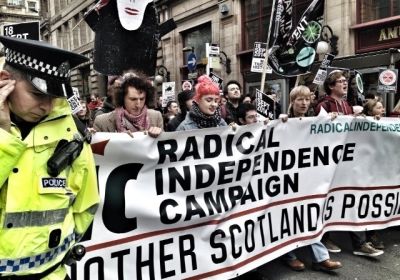
In Scotland, a remarkable popular movement, the campaign for independence, is heading towards it decisive test. On September 18, a referendum is being held on whether the country will remain part of the “United Kingdom”.
To better understand the surge in pro-independence sentiment over the last weeks of the campaign, Green Left Weekly's European correspondent Dick Nichols spoke with Alister Black, editor of the Scottish independent Marxist review Frontline.
